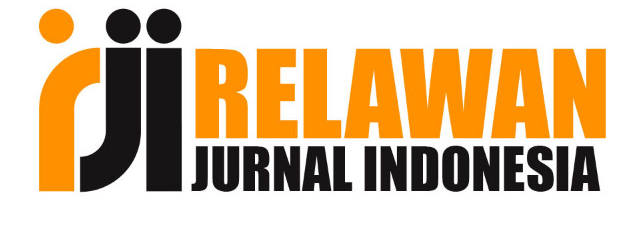The Role of Fintech in Increasing Financial Inclusion in MSMEs in Aceh
DOI:
https://doi.org/10.36982/jiegmk.v15i2.4965Abstrak
The rapid progress of information and communication technology in the era of globalization makes information more than just a source of knowledge and resources. Technological developments also influence the economic sector, one of which is financial technology (FinTech). The development of fintech in Indonesia has given rise to various application innovations, especially in financial services, such as payment transaction tools, money storage tools and also money lending tools. Research Aims: This study explores the role of fintech in influencing the increase in financial inclusion in SMEs in Aceh. Design/methodology/approach: Using literature review and field study methods, with a quantitative type of research Research Findings: In the hypothesis test that has been carried out in this study, it is proven that fintech has no effect on financial inclusion. Where the t-value is calculated 1.705 < t-table is 3.94 and the significance value is 0.091 > 0.05 so that H1 is rejected and H0 is accepted, meaning that fintech variables have no effect on financial inclusion. Financial technology has no effect on financial inclusion in society because people have not actively used fintech to access accounts at banking institutions to save and borrow, including debit cards, credit cards, m-banking, and internet banking, but use fintech to access other products and services that do not encourage financial inclusion. Theoretical Contribution/Originality: These findings advocate expanding the scope of the study by adding new variables such as ecommerce, social media, financial literacy, financial attitudes, so that more complete information can be obtained about the factors that predict the formation of financial inclusion.
Keywords : Fintech, Financial Inclusion, MSMEs
Unduhan
Diterbitkan
Cara Mengutip
Terbitan
Bagian
Lisensi
Hak Cipta (c) 2024 Eka Chyntia, Shalawati, Maryana, siti maisyarah, Yuliza febrina

Artikel ini berlisensiCreative Commons Attribution-ShareAlike 4.0 International License.
Authors retain copyright and grant the journal right of first publication with the work simultaneously licensed under a Creative Commons Attribution License that allows others to share the work with an acknowledgement of the work's authorship and initial publication in this journal.
Â
Authors are permitted and encouraged to post their work online (e.g., in institutional repositories or on their website) prior to and during the submission process, as it can lead to productive exchanges, as well as earlier and greater citation of published work.
Â
LP2M Indo Global Mandiri University has the right to multiply and distribute the article and every author is not allowed to publish the same article that has been published in this journal.










